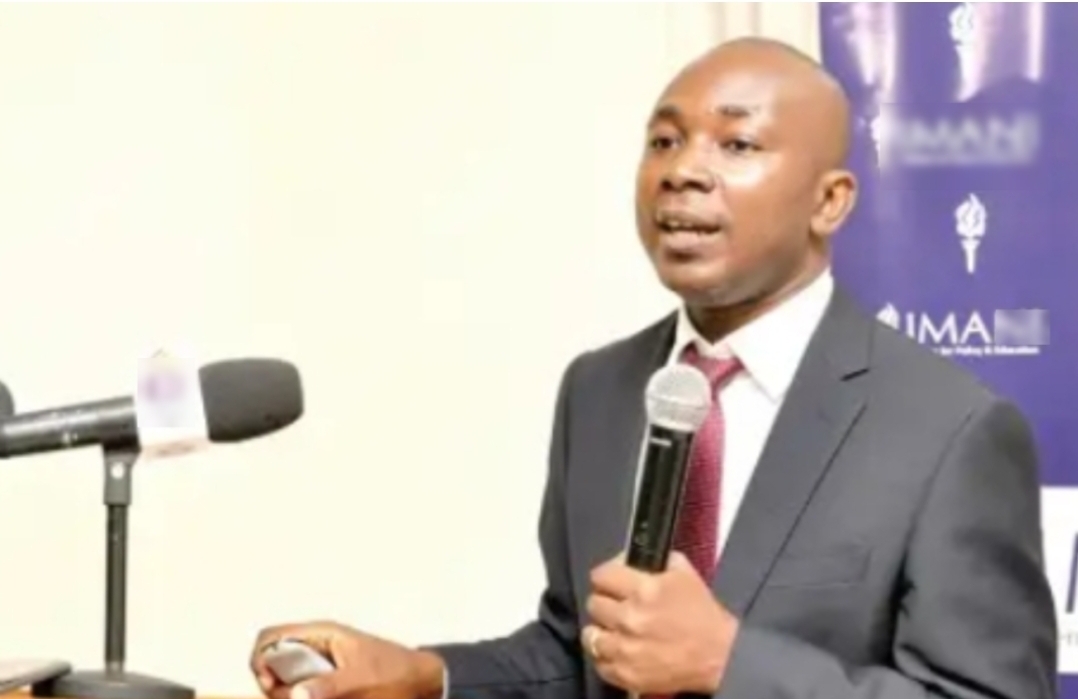Illegal mining costs Ghana $2.4 billion annually: Economist warns of looming economic collapse

A prominent professor of Economics and Finance at the University of Ghana Business School, Prof. Godfred Bokpin, has revealed that Ghana is losing over $2.4 billion annually due to illegal mining, commonly known as galamsey. He disclosed this during an interview on the Super Morning Show on Thursday, October 3, while discussing the financial toll that galamsey is taking on the nation.
Prof. Bokpin emphasized that if immediate action is not taken to address illegal mining, the country is on the verge of a serious national crisis, given its inability to recover the substantial revenues lost.
“I’m looking at irresponsible mining from different angles, so we are not benefiting optimally. The revenue losses, in total, amount to over $2.4 billion annually. That is the fiscal loss to the state. In fact, that’s far more than what we are getting from the IMF,” he stated.
Bokpin also raised concerns that Ghana will struggle to manage the environmental and health impacts of illegal mining. He explained that without recovering the lost revenue, it would be difficult to take corrective measures to counter the damage caused by galamsey.
“So, the fiscal losses are huge. In other words, we are not getting the revenue from there, even if we want to deploy it to mitigate the side effects. When we talk about illegal mining, smuggling, and the associated losses, we are losing massively. We are not benefiting optimally from the resources God has endowed us with,” he added.
Speaking with urgency, Martin Kpebu, another voice on the subject, warned that Ghana’s economy cannot be developed or revived if the environment continues to be degraded by illegal mining. He also countered the argument that banning galamsey would lead to job and revenue losses, highlighting that mining, despite contributing to GDP, has not significantly impacted employment, poverty reduction, or social inequality.
“Between 2011 and 2022, nearly 20% of our GDP growth came from mining and quarrying, but job creation hasn’t responded positively, nor has it contributed to poverty reduction or reduced inequality,” Prof. Bokpin explained.
He further pointed out that while responsible mining practices exist, many permits have been granted to operators who continue to engage in harmful and unsustainable mining practices.
“There is a responsible way to do mining. However, the path we have chosen, particularly with artisanal and illegal mining, is not sustainable. Let me digress—do you know that ten years ago, preliminary data showed many small businesses engaged in illegal mining? Many now have permits, but even with permits, some are still engaging in irresponsible mining,” he revealed.
Prof. Bokpin issued a stark warning: if galamsey is not curbed, it could destroy Ghana’s economy. He stressed that the potential collapse would not result from a lack of information but from poor decision-making on the part of the country.
“If we perish, I believe it will be because of the path we have chosen. It would be due to a choice—a decision made by a country of 37 million people.”
He concluded by underlining the unavoidable link between the environment and the economy, emphasizing that economic recovery and sustainability are impossible without protecting the ecosystem.
“There can never be an economy without the environment. Development, recovery, and economic sustainability are impossible without ecosystem sustainability. This does not happen in any serious country,” he said.




